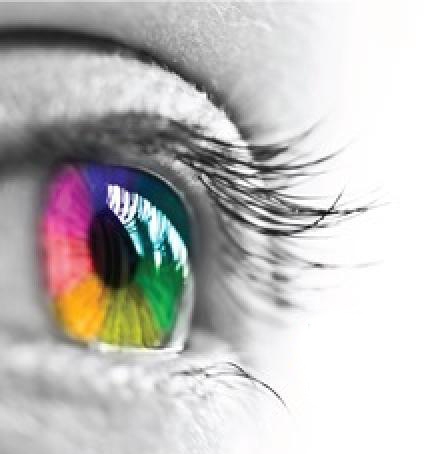How EU policymakers can play their part in essential healthcare for LGBTI people

For the last two years, ILGA-Europe have been working on ‘health4lgbti’, a project exploring the healthcare needs and challenges faced by LGBTI people. Sophie Aujean, our Senior Policy and Programmes Officer, explains why this work is so important.
“I went to see an eye doctor and asked to be referred to as ‘he’. When I came, they were saying ‘he’ all the time. Then they read ‘she’ in my documents and that was it. I was referred to as ‘she’ for the rest of my visit, I felt horrible….“
This is just one example of the sort of discrimination and stigma that LGBTI people can face when accessing healthcare. Going to visit a medical professional can be a stressful experience anyway, right? But when you add this kind of negative experience to the mix, it can be even worse.
For the last two years, ILGA-Europe have been working on Health4LGBTI – a project exploring the health needs and challenges faced by LGBTI people. It also looked at the barriers faced by healthcare professionals when providing care for LGBTI people.
Right now, from 1 and 2 of February, the closing conference of the Health4LGBTI project is taking place in Brussels. 130 participants are taking part, including policy makers from the health ministries of 16 EU member states, LGBTI organisations representatives, WHO and EU officials, umbrella groups and health and anti-discrimination networks.
This conference will launch the first training modules on LGBTI health ever produced at European level, having been piloted in six EU countries (Bulgaria, Italy, Poland, Lithuania, Belgium and United Kingdom). In addition, the findings from a state-of-the-art study on LGBTI health and from focus groups (which talked about the barriers faced by LGBTI people and healthcare professionals) will be presented.
ILGA-Europe was part of the project Consortium, along with our partners from AOUI-Verona (Italy), University of Brighton (UK), the National Institute of Public Health – National Institute of Hygiene (Poland) and EuroHealthNet.
The state-of-the-art study and the focus group confirmed that LGBTI people continue to face barriers and discrimination in the area of healthcare, which have an impact on their health outcomes. The quote at the very start of this blog was not fiction – it was the testimony of an LGBTI person who spoke to the Health4LGBTI focus groups.
It also showed that there is a scarcity of research on the specific health needs of trans and intersex people and of under-represented LGBTI people (who are disabled, young, older, migrants, etc.).
In addition, healthcare professionals seem to lack knowledge and cultural competence on the health needs of LGBTI people. Those findings were used to develop the training modules, aimed at all health professionals, including staff at the reception desk, psychiatric specialists, surgeons or gynaecologists.
In the coming months, ILGA-Europe will work towards the dissemination of the training modules. However, providing training for health professionals isn’t the end of the work.
The project’s findings indicate the ways forward for policy makers, so they can put in place measures ensuring that LGBTI people have access to healthcare that works for them – patient-centred, appropriate and inclusive.
- Follow the conversations from the closing conference on Twitter at #Health4LGBTI
- For more information on the Health4LGBTI project, click here.